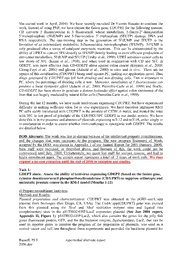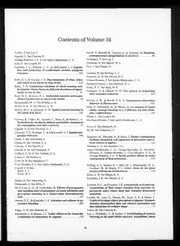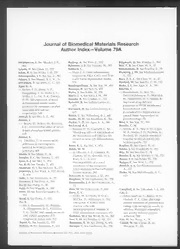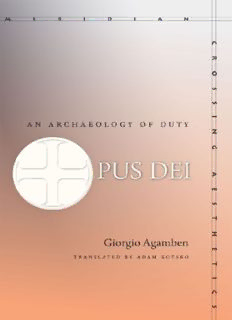
Opus Dei. An Archaeology of Duty PDF
Preview Opus Dei. An Archaeology of Duty
Stanford University Press Stanford, California English translation © 2013 by the Board of Trustees of the Leland Stanford Junior University. All rights reserved. Opus Dei: An Archaeology of Duty was originally published in Italian under the title Opus Dei. Archeologia dell’ufficio © 2012 by Giorgio Agamben. Originally published by Bollati Boringhieri editore, Torino. This book was negotiated through Agnese Incisa Agenzia Letteraria, Torino. No part of this book may be reproduced or transmitted in any form or by any means, electronic or mechanical, including photocopying and recording, or in any information storage or retrieval system without the prior written permission of Stanford University Press. Printed in the United States of America on acid-free, archival-quality paper Library of Congress Cataloging-in-Publication Data Agamben, Giorgio, 1942– author. [Opus Dei. English.] Opus Dei : an archaeology of duty / Giorgio Agamben ; translated by Adam Kotsko. pages cm. — (Meridian : crossing aesthetics) “Originally published in Italian under the title Opus Dei. Archeologia dell’ufficio.” ISBN 978-0-8047-8403-0 (cloth : alk. paper) ISBN 978-0-8047-8404-7 (pbk. : alk. paper) 1. Liturgics. 2. Duty. 3. Ontology. I. Kotsko, Adam, translator. II. Title. III. Series: Meridian (Stanford, Calif.) BV176.3.A4313 2013 264'.02—dc23 2013007602 ISBN 978-0-8047-8856-4 (electronic) OPUS DEI An Archaeology of Duty Giorgio Agamben Translated by Adam Kotsko Stanford University Press Stanford, California 2013 MERIDIAN Crossing Aesthetics Werner Hamacher Editor Contents Translator’s Note Preface 1. Liturgy and Politics Threshold 2. From Mystery to Effect Threshold 3. A Genealogy of Office Threshold 4. The Two Ontologies; or, How Duty Entered into Ethics Threshold Bibliography Translator’s Note One difficulty facing the translator of this work was the multiplicity of Italian terms connoting the concept of “duty.” The first is ufficio, which primarily connotes “duty” but can also mean “office” in the sense, for example, of holding a political office. (Though the English term office can carry connotations of “duty,” this meaning is somewhat antiquated.) Like the Latin term officium, which plays a decisive role in Agamben’s archaeological investigation, this term can also refer to the “Divine Office” or liturgy. I have rendered this term as “office,” “duty,” or “office or duty,” depending on the context, and have frequently left the Italian word in brackets. Most notably, the term ufficio is rendered as “duty” in the subtitle of the work as a whole but as “office” in the title of the third chapter. A related word is dovere, a noun meaning “duty” and also the infinitive of the Italian auxiliary verb meaning “must, should, ought to, to have to.” One challenge in translating this term comes in Agamben’s references to two ontologies, one of essere and one of dovere-essere. This distinction is often captured in English by juxtaposing the terms is and ought, but that conventional translation lacks the connotations of the imperative or command that Agamben associates with the ontology of dovere-essere. Thus I translate this contrast as one between “being” and “having-to-be.” Finally, a much less frequent term is vece, which carries connotations of duty, as well as alteration and vicarious action (as in the phrase fare le veci, to act in someone’s place or stead). When this term occurs, I have translated it according to the context but left the Italian word in brackets. Another difficulty stems from words related to the Latin term effectus: the Italian effettuale, effettualità, etc. In Italian these terms are generally translated with words like real, actual, or true, but to emphasize the etymological connections Agamben is making, I have chosen to translate them more literally with the English terms effective or effectiveness. Works are cited according to the page number of the original text, followed by the page number of the English translation (where applicable), or else by a standard textual division that is consistent across translations and editions. All translations from the Bible are based on the New Revised Standard Version. Translations have been frequently altered throughout for greater conformity with Agamben’s usage. Where no English translation is listed in the bibliography, the translations are my own. Where the main text is a close paraphrase of a Latin quotation or where Agamben’s purpose in quoting a Latin text is simply to demonstrate the presence of a particular term or phrase in that text, I have often opted not to provide an English translation in order to avoid redundancy. I would like to thank Giorgio Agamben, Kevin Attell, Colby Dickinson, David U. B. Liu, and Harold Stone for their suggested improvements; Virgil Brower and the rest of the Paul of Tarsus Interdisciplinary Working Group at Northwestern University for inviting me to discuss a portion of the translation; Junius Johnson for providing his translation of Agamben’s quotations from Innocent III’s De sacro altaris mysterio; Michael Hollerich for providing his translation of Peterson’s Theological Tractates; Henrik Wilberg and Kieran Healy for bibliographical assistance; and Emily-Jane Cohen, Emma Harper, and the rest of the staff of Stanford University Press. Preface Opus Dei is a technical term that, in the tradition of the Latin Catholic Church that starts from the Rule of St. Benedict, designates the liturgy, that is, “the exercise of the priestly office of Jesus Christ. . . . In the liturgy the whole public worship is performed by the Mystical Body of Jesus Christ, that is, by the Head and His members” (Vatican Council II, Constitution of the Sacred Liturgy, December 4, 1963). The word liturgy (from the Greek leitourgia, “public services”) is, however, relatively modern. Before its use was extended progressively, beginning at the end of the nineteenth century, we find in its place the Latin officium, whose semantic sphere is not easy to define and in which nothing, at least at first glance, would seem to have destined it for its unusual theological success. In The Kingdom and the Glory we investigated the liturgical mystery above all in the face it turns toward God, in its objective or glorious aspect. In this volume our archaeological study is oriented toward the aspect that above all concerns the priests, that is, the subjects to whom belongs, so to speak, the “ministry of the mystery.” And just as in The Kingdom and the Glory we sought to clarify the “mystery of the economy,” which theologians had constructed by reversing a Pauline expression that was clear in itself, here it is a matter of tearing the liturgical mystery out of the obscurity and vagueness of the modern literature on the subject, returning it to the rigor and splendor of the great medieval treatises of Amalarius of Metz and William Durand. The liturgy is, in truth, not very mysterious at all, to the point that one can say that, on the contrary, it coincides with perhaps the most radical attempt to think a praxis that would be absolutely and wholly effective. The mystery of the liturgy is, in this sense, the mystery of effectiveness, and only if one understands this arcane secret is it possible to understand the enormous influence that this praxis, which is only apparently separate, has exercised on the way in which modernity has thought both its ontology and its ethics, its politics and its economy. As happens in every archaeological study, this one leads us well beyond the sphere from which we started. As the diffusion of the term office in the most diverse sectors of social life attests, the paradigm that the Opus Dei has offered to human action has been shown to constitute for the secular culture of the West a pervasive and constant pole of attraction. It is more efficacious than the law because it cannot be transgressed, only counterfeited. It is more real than being because it consists only in the operation by means of which it is realized. It is more effective than any ordinary human action because it acts ex opere operato, independently of the qualities of the subject who officiates it. For all these reasons, office has exercised on modern culture an influence so profound—that is, subterranean—that we do not even realize that not only does the conceptuality of Kantian ethics and of Kelsen’s pure theory of law (to name only two moments, though certainly decisive ones, in its history) depend entirely upon it, but that the political militant and the ministerial functionary are also inspired in the same way by the model of the “acts of office,” that is, duties. The paradigm of the office signified, in this sense, a decisive transformation of the categories of ontology and of praxis, whose importance still remains to be measured. In office or duty, being and praxis, what a human does and what a human is, enter into a zone of indistinction, in which being dissolves into its practical effects and, with a perfect circularity, it is what it has to be and has to be what it is. Operativity and effectiveness define, in this sense, the ontological paradigm that in the course of a centuries-long process has replaced that of classical philosophy: in the last analysis—this is the thesis that our study will wish to put forward for reflection—being and acting today have for us no representation other than effectiveness. Only what is effective, and as such governable and efficacious, is real: this is the extent to which office, under the guise of the humble functionary or the glorious priest, has changed from top to bottom the rules of first philosophy as much as those of ethics. It is possible that today this paradigm is going through a decisive crisis, the results of which cannot be foreseen. Despite the renewed attention toward liturgy in the twentieth century, of which the so-called “liturgical movement” in the Catholic Church on the one hand and the imposing political liturgies of the totalitarian regimes on the other are an eloquent testimony, many signs allow one to think that the paradigm that office or duty has offered to human action is losing its attractive power precisely when it has reached its maximum expansion. Thus, it was all the more necessary to try to establish its characteristics and define its strategies. To act is said in two ways: 1. the true and primary act, that is, to produce things from non-being to being 2. to produce an effect in that in which an effect is produced. —Al-Kindī The work of art is the setting-to-work of the truth of Being. —Martin Heidegger
Description:The list of books you might like

Believe Me

As Good as Dead

Can’t Hurt Me: Master Your Mind and Defy the Odds

The Sweetest Oblivion (Made Book 1)
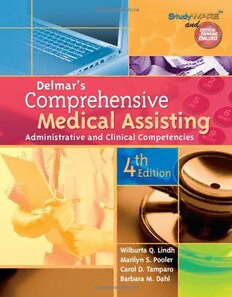
Delmar's Comprehensive Medical Assisting: Administrative and Clinical Competencies, 4th Edition
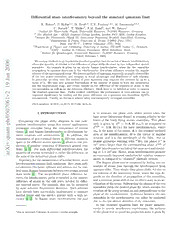
Differential atom interferometry beyond the standard quantum limit
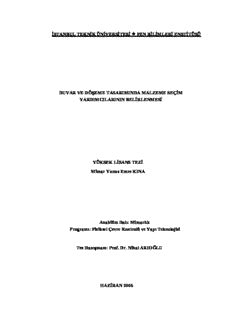
bölüm 1
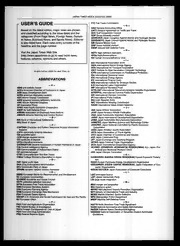
The Japan Times 2006: Index
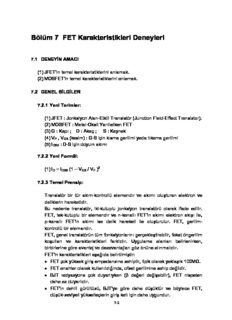
Bölüm 7 FET Karakteristikleri Deneyleri
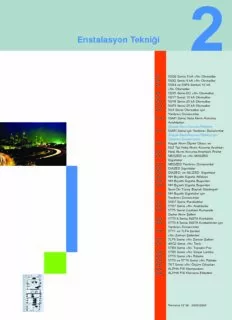
Bölüm 2 sayfa 1.backup.fm

Bölüm 10 Kronik böbrek hastalığı
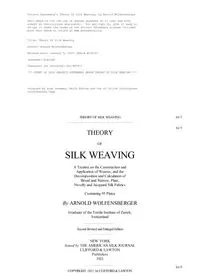
Theory of Silk Weaving
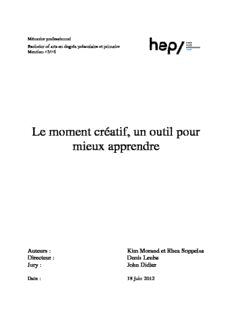
Le moment créatif, un outil pour mieux apprendre

World Scientific Handbook of Metamaterials and Plasmonics In 4 Volumes
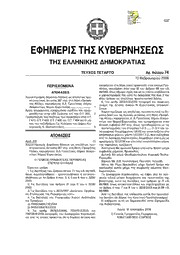
Greek Government Gazette: Part 4, 2006 no. 74
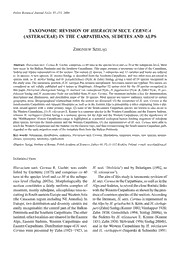
TAXONOMIC REVISION OF HIERACIUM SECT. CERNUA (ASTERACEAE) IN THE CARPATHIANS, SUDETES AND ALPS
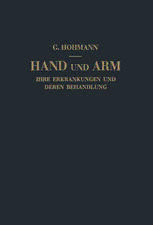
Hand und Arm: Ihre Erkrankungen und deren Behandlung
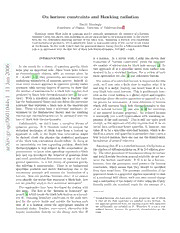
On horizon constraints and Hawking radiation
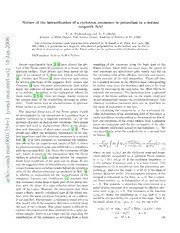
Nature of the intensification of a cyclotron resonance in potassium in a normal magnetic field
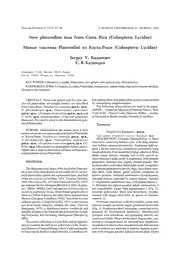
New platerodine taxa from Costa Rica (Coleoptera: Lycidae)
